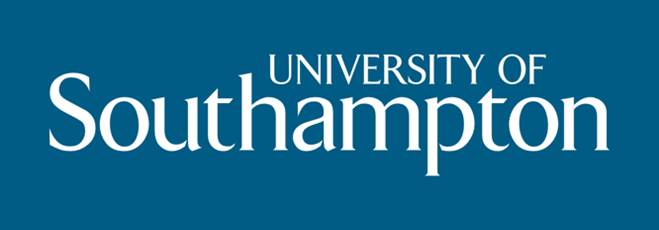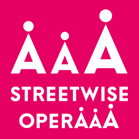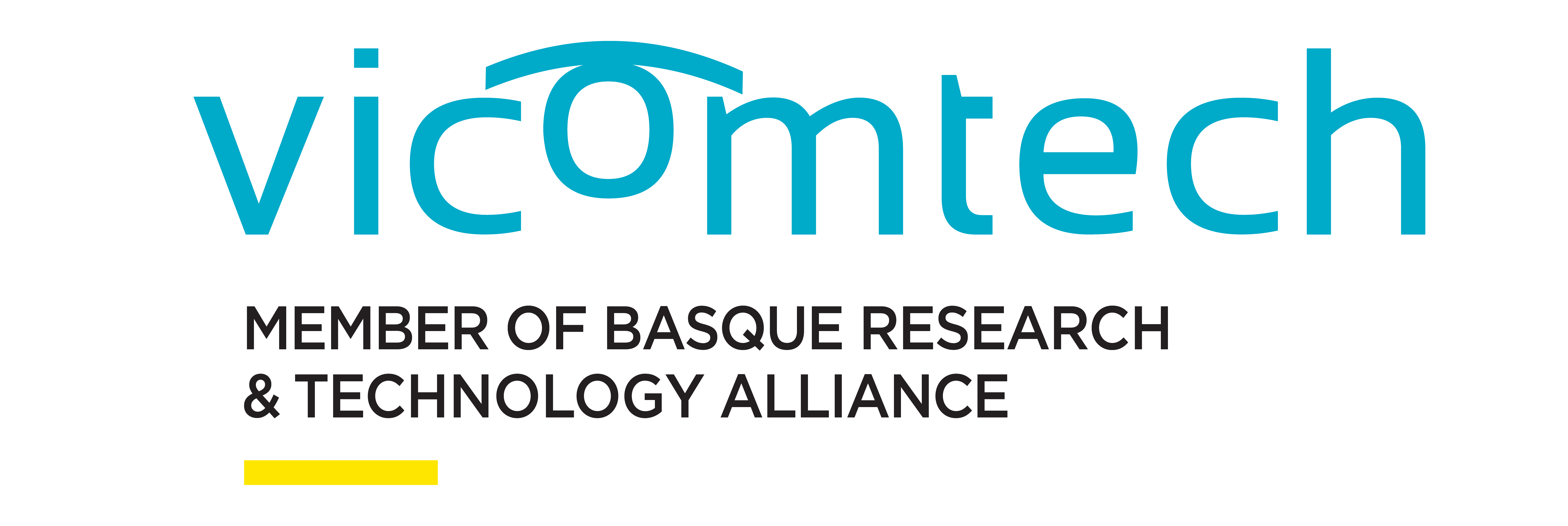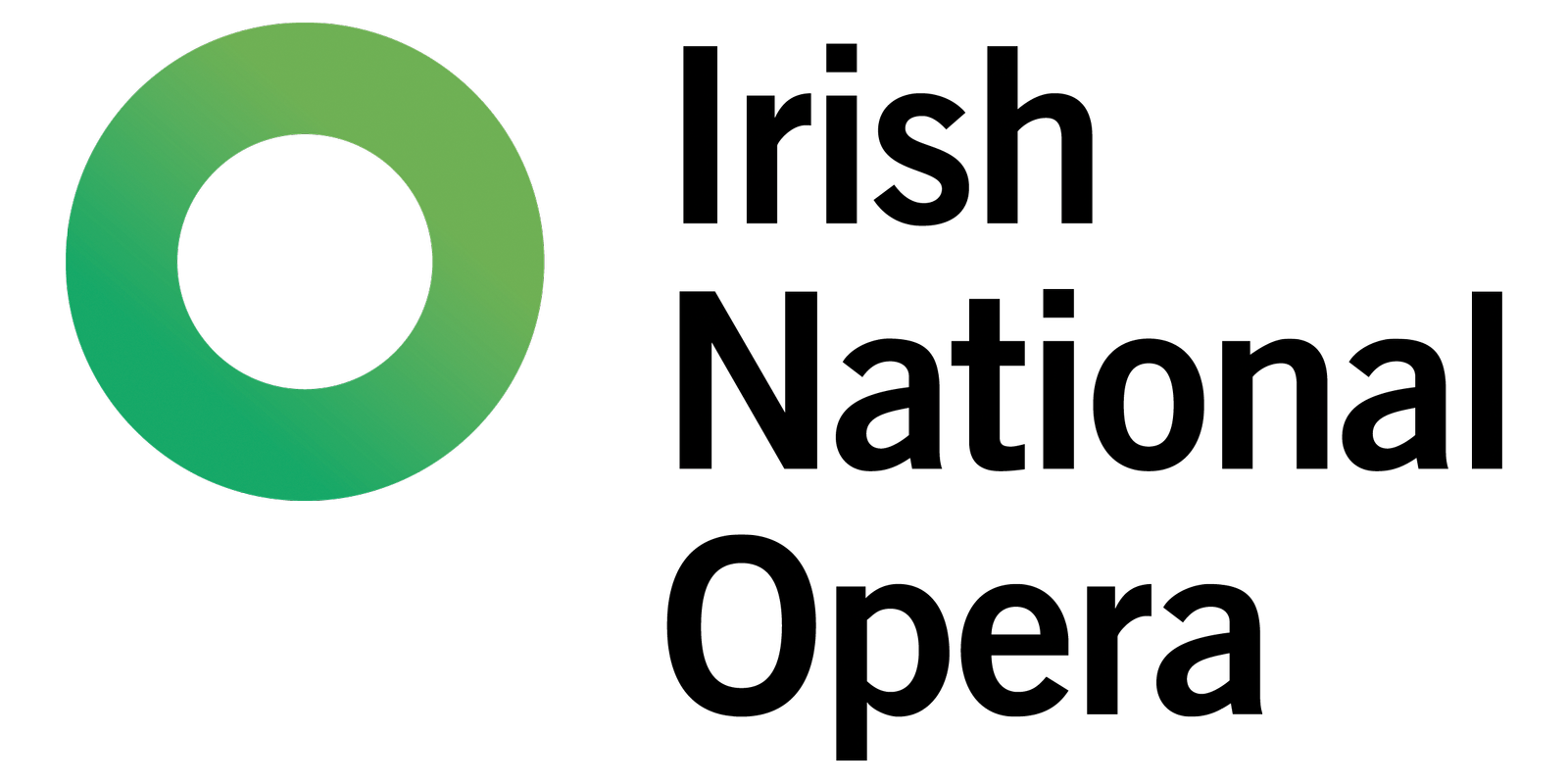CONSORTIUM
The TRACTION consortium
was carefully constructed and consists of nine participants from five different countries (ES, PT, NL, IE, UK) who gather all the necessary background and expertise to achieve the objectives of the project. In order to ensure that the value of the outcomes of the project is optimised, this symbiosis of research, business, art and social perspective allows the project to be of direct relevance to the public. The consortium includes
- Two opera companies: LICEU, the opera house located in Barcelona, and INO, the Irish National Opera company located in Dublin.
- Art school: SAMP, located in Leiria (Portugal), has a great background in co-design and co-creation operas and other art representations with inmates at prisons, people with mental diseases, people dying, etc.
- Immersive 360-degree content producer: VRI are experts in offering a range of services in the exciting new cutting-edge technologies of VR, AR & 360-degree video experiences.
- Community and participatory art: François Matarasso (FM) is internationally recognised for his contributions to community and participatory art approaches.
- Technology-driven research institutes: VICOM and CWI as research centres, will supply the toolset with all the technological mechanisms and algorithms, researching in advanced functionality blocks that will empower and foster an efficient community dialogue and participatory approaches.
- Technology-driven university: DCU will also conduct research in the area related to the TRACTION toolset.
- Academic partner for a human-driven perspective: UAB will contribute with a community-centric methodology for an efficient and measurable community dialogue and co-creation process..
The TRACTION International Advisory Board (ICAT)
The TRACTION ICAT comprises a rich assortment of representatives from the fields of academia, technology and the performing arts; whose role it is to provide feedback and guidance to the consortium on the progress of the project from an outsider perspective, and to help direct it towards its objectives and desired outcomes.
Several meetings have been held online with the ICAT to discuss the progress of the project:
Meeting 1
(Online) 15th May 2020
The International Core Advisory Team (ICAT) and project partners were introduced by project coordinator Mikel Zorrilla (Vicomtech). The role, activities and tasks of the ICAT were defined, followed by a discussion about a possible interaction between the trials, the local advisory teams and the members of the ICAT. Several topics were discussed including the use of the technology, the methodology, and the possibilities to createnew trial nodes. The timing of these activities and next steps were agreed and the meeting was closed.
Meeting 2
(Online) 15th January 2021
A series of presentations made by the project’s work package leaders, aimed at providing an overview of the work carried out in the project during 2020. Leader of work package 2 Pablo Cesar (CWI) presented the TRACTION technology and toolset. François Matarasso (Work package 3 leader) gave an overview of progress in the community opera trials, and leader of work package 4 Anna Matamala (UAB) gave an update on the progress of the evaluation methodology of the project. Further topics were covered, including the project’s ongoing adaptation to the barriers imposed by the global pandemic. Later, the TRACTION innovation was discussed as ICAT members were asked to identify areas of the project that they found particularly interesting, with the goal of guiding the project focus according to an external perspective.
Meeting 3
(Online) 23rd June 2021
ICAT members and partners were welcomed by the Project Coordinator Mikel Zorrilla (Vicomtech), who then gave a report on European Commission review of the project which was held on 4th May 2021. After a discussion, a summary of the technology pilots was given. The INO and Co-creation Space pilot was outlined to explain how the toolset is being used in the music co-creation of the virtual reality opera. Then, the SAMP and Co-creation Stage pilot was outlined, with a focus on the first public performances using the toolset held in June 2021. Before closing the meeting, the social impact of the project was discussed in the context of the communication and dissemination strategy.
Meeting 4
(Online) 17th January 2022
This time, the meeting was held with a view to gaining vital perspectives on the stage of evaluation that the project is currently undergoing. Hosted by Project Coordinator Mikel Zorrilla, the meeting was split into two parts. First the attendees were welcomed and the fundamentals about the progress of the project were outlined. The second part was led by leader of Work Package 4, Anna Matamala (UAB), who outlined the mid-process evaluation on co-creation and initial performances: instruments and results.
Meeting 5
Gulbenkian Foundation, Lisbon (Portugal) 7th June 2022
After a welcome and introduction by Project Coordinator Mikel Zorrilla (Vicomtech), François Matarasso led a discussion about the international conference held the previous day: Building Capabilities: Rethinking the Social Value of Culture. Paulo Lameiro (SAMP) and François Matarasso then opened the floor to thoughts on the recent opera performance of O Tempo (Somos Nós) at the EPL-J youth prison in Leiria. This was followed by a presentation and discussion led by Mikel Zorrilla with an update on the status and challenges of the project as it enters its final months. To end the session, consortium and ICAT members debated how to best communicate TRACTION’s work to the community and the legacy that it should provide once the project ends.
Meeting 6
Barcelona (Spain) 5-7th October 2022
Members of the ICAT made their way to Liceu Opera House in Barcelona to experience the final performance of La Gata Perduda. the community opera created with over 400 local people from Raval where the opera house is located. The previous day, they met with TRACTION members in Arts Santa Mònica to allow them to experience Out of the Oradinary, the world’s first virtual reality community opera produced by Irish National Opera within the TRACTION project, created through community workshops with the people of Ireland.
Meeting 7
Hybrid – Online and San Sebastian (Spain) 3rd November 2022
During the final TRACION General Assembly hosted by project leaders Vicomtech in San Sebastian, members of the ICAT joined the TRACTION consortium in an call with Richard Soler, Stage Director of La Gata Perduda. During the meeting, they had the chance to learn more about the strategies used in managing the co-creation process and it’s challenges.
Meeting 8
(Online) 23rd January 2023
In the final meeting with the Traction ICAT, project leader Mikel Zorrilla gave a summary on the closing of the project and presented the outcomes and assets that had been created to promote the legacy of the project. This was followed by leader of the evaluation work package Anna Matamala, who gave a presentation on the opera co-creation and performance evaluation results, highlighting feedback from participants. François Matarasso went on to speak about the Traction guiding principles which have been laid out in a forthcoming book. The meeting ended with a 30-minute discussion during which the ICAT were thanked for their participation and congratulations were given.
Meet the ICAT

Aljosa Smolic
SFI Research Professor of Creative Technologies and Computer Science (Trinity College Dublin).
Head of V-SENSE Lab
Prof. Smolic is Professor of Creative Technologies at Trinity College Dublin. His research group V-SENSE is on visual computing with focus on immersive technologies such as AR, VR, volumetric video, 360 video, and light fields. He also engages in creative experiments with artists to showcase and evaluate the developed technologies.


Helen Simons
Emeritus Professor (University of Southampton)
Helen Simons, PhD, FAcSS, FRSA, is Professor Emeritus of Education and Evaluation at the University of Southampton, UK, and an independent evaluation consultant of education and social innovations. She has advised organisations such as OECD, UNESCO, UNICEF and UNEG, conducted numerous external evaluations and directed evaluation training internationally. She has written widely on democratic evaluation, case study, qualitative methodology and ethics. A former president of the UK Evaluation society, she is also co-author of the Society’s Ethical Guidelines and Framework of Capabilities.


Hugo Martinz de Seabra
Calouste Gulbenkian Foundation (Portugal)
Hugo Martinz de Seabra is a Senior Project Manager at the Calouste Gulbenkian Foundation’s Sustainable Development Programme (Portugal). He is responsible for two main areas of work: migrations and artistic practices for social inclusion.
With an MA in Sociology, Hugo joined the Foundation in 2005 to help set up projects in the field of migration/integration. For the last 8 years, Hugo manages a capacity-building, networking and grant giving initiative in the field of Participatory Artistic Projects targeting Social Impact.


Marian Ursu
Director of the Department of Theatre, Film, TV and Interactive Media (University of York)
Marian F. Ursu is Professor of Interactive Media at the University of York. He is the Director of Digital Creativity Labs and Co-Director of XR Stories, research and development centres aiming to create new forms of mediated communication and artistic expression as well as dedicated digital technologies for their realisation.


Matt Peacock
Matt Peacock MBE is Director of With One Voice, the international arts and homelessness movement and network. WOV works in global homelessness using arts and creativity to strengthen projects, influence policy and to help people thrive not just survive.
WOV has worked globally from Tokyo to Bogota, produced 40 events at the London 2012 and Rio 2016 Cultural Olympiads and successfully campaigned for the arts to be part of Manchester’s Homelessness Strategy. WOV was founded at Streetwise Opera, becoming independent in 2019 with 50% of the board and staff made up of people who are and have been homeless.
Matt is a former support worker, Clore Leadership Fellow, Paul Hamlyn Breakthrough Fund recipient and founder of Streetwise Opera. He is one of Gordon Brown’s Everyday Heroes; one of Evening Standard’s Most Influential Londoners and a Southbank Centre ‘Change Maker’. He was awarded an MBE for services to music and homelessness in 2011.


Tania Banotti
Tania Banotti is he Director of the Creative Ireland Programme, an initiative of the Government of Ireland to put creativity at the centre of public policy. The programme is led by the Department if Culture, Heritage and the Gaeltacht and involves government departments, state and semi state agencies, NGOs, communities and individuals. The vision of the Creative Ireland Programme is of a country where creativity is at the heart of public policy; where everyone has the opportunity to realise their full creative potential; an Ireland where participation in cultural and creative opportunity promotes the wellbeing of the individual, the community and the nation at large. Through the Creative Ireland Programme, Ireland is now among the first countries in the world to prioritise creativity as vital to our personal and collective wellbeing and success.
Tania previously worked as CEO of the Institute of Advertising Practitioners of Ireland (IAPI) the professional body for creative and media agencies. Tania has a background managing creative organisations. She was the first Director of Theatre Forum, the representative body for theatre and the performing arts. She was one of the founders and then Secretary of the National Campaign for the Arts for three years. She was also Chief Executive of Screen Producers Ireland, the national association for TV, feature film and animation production companies. She also worked for the UN in the Gaza Strip, Palestine for a number of years.


Richard Willacy
General Director (Birmingham Opera Company)
Richard Willacy is General Director of Birmingham Opera Company. Both with BOC and as an independent stage director, producer and facilitator, he has a track record in delivering large scale and outward facing projects; actively encouraging new forms and engaging new audiences for Opera, Experimental Music Theatre, New Writing, Site Specific Work, Digital, Theatre, Dance and participatory projects.











